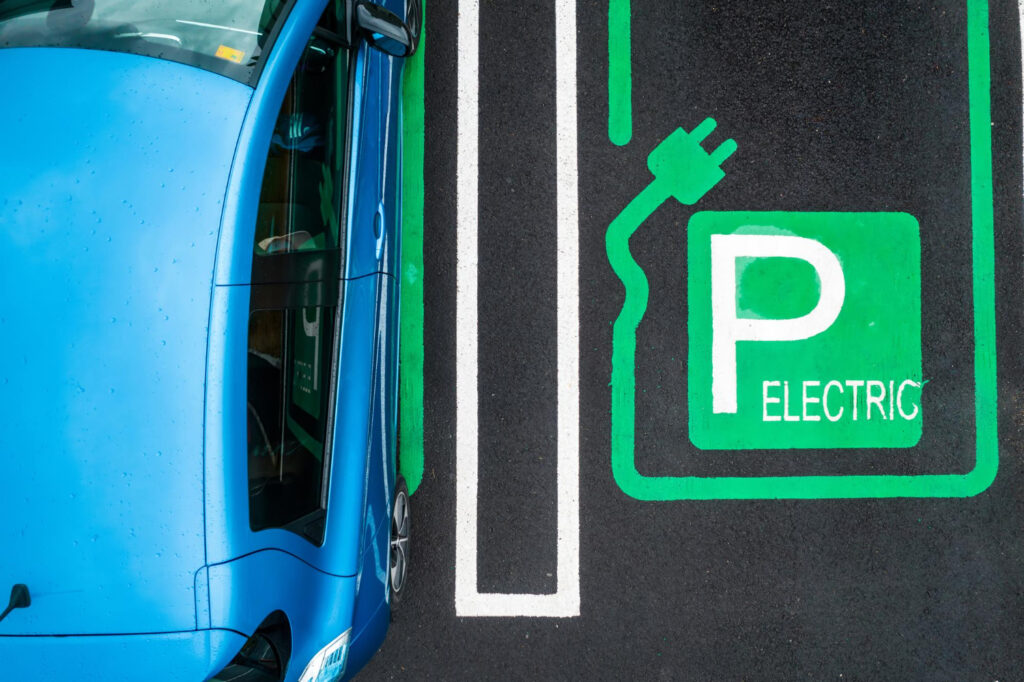3 min read
Monitoring Climate Risk and Opportunity
The Challenge
To meet rising investor and customer demand, companies around the world are taking meaningful action on mitigating climate change. But even as some of the world’s largest stock exchanges have made climate change and other ESG factors a condition of being listed, there remains no international standard to measure compliance, making it difficult to monitor business threats and seize opportunities.
Semantic Visions’ Climate Risk Early Warning System (CREWS) was designed to take the guesswork out of going green. Whether you’re a hedge fund manager, an insurance provider, or a C-suite executive, CREWS is a robust tool to help you reach and maintain your climate-related goals.
The Solution
Like every Semantic Visions solution, CREWS is powered by our military-grade Open-Source Intelligence system, which consists of over 3 billion news articles across 12 languages, totaling more than 80T of information dating to January 2008. This large and always growing dataset makes it possible to monitor risk in real time.
Unlike traditional search tools, CREWS identifies events by analyzing online narratives and sentiment. To do this, CREWS draws on advanced semantic analysis (ASA) software and big data semantics (BDS). ASA generates granular and precise metadata based on a cross-language principle, while BDS synthesizes scenarios into events, sentiment, and entities to produce a detailed picture of a company’s climate risk landscape.
To illustrate CREWS’s power, we examined online news related to Unilever and its June 2020 announcement that the company would spend 1 billion euros over a decade “to fight climate change, and protect and regenerate nature to preserve resources for future generations.” As one of the world’s largest consumer goods companies with more than 400 brands and a reputation for climate-change leadership, Unilever’s promise was bold and inspiring. We wanted to measure the online response.
The Result
Using terms from the company’s pledge – including “resources,” “agriculture,” “energy,” “forests,” and “packaging” – we created search parameters for six months before the announcement and six months after. The goal was to track online conversations related to Unilever’s commitment.
During the pre-announcement period, CREWS identified 3,648 articles with a positive sentiment ranking across the 12 languages we monitor (including Spanish, Russian, German, Arabic, and Chinese) that referenced at least one element of Unilever’s future pledge. Of these articles, 908 were written in languages other than English.
By comparison, in the six months after the June 15 news, CREWS found 6,642 articles, and of these, 2,144 were in languages other than English. Online coverage included reports on Unilever’s reforestation efforts in Malaysia and Indonesia, its vegan cosmetic line in Uruguay, ways its brands are incorporating ecological packaging, and how business is driving social inclusion through sustainability in Nigeria. Only two negative references to Unilever on climate risk were detected during this period – a report in Spanish relating to subcontractor malfeasance and a study on plastic waste.




